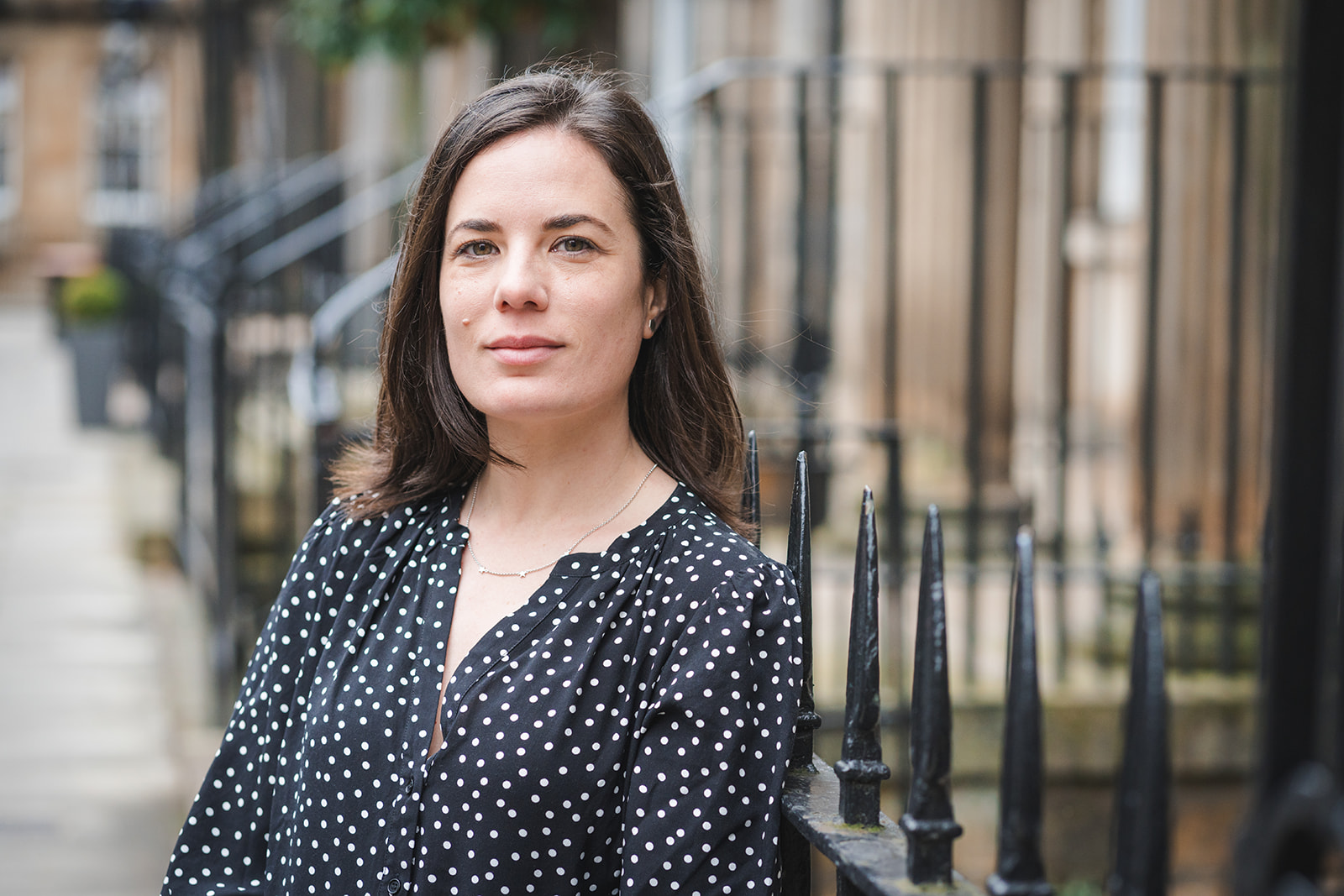Last updated on 21/03/25
Generally speaking, matrimonial property, also known as ‘marital property’, is all property acquired by the parties to a marriage during their marriage. There are exceptions – property acquired before marriage or received by a party as a gift or inheritance is excluded.
The definition of matrimonial property varies across jurisdictions. This article provides a short overview of what constitutes matrimonial (and partnership) property in Scotland and the main differences between Scotland, and England and Wales.
Contents
What is matrimonial property in Scotland?
According to the definition given by s10 of the Family Law (Scotland) Act 1985, matrimonial (or partnership) property is all the property acquired (otherwise than by way of gift or succession from a third party)
1. a) by both spouses (or civil partners) together; or
1. b) by either of them individually
+
2. a) during marriage (or civil partnership) and before the ‘relevant date’ (the date on which the parties cease to cohabit or the date of service of the summons in the action for divorce or for dissolution of the civil partnership, whichever is earlier); or
2. b) before marriage (or registration of partnership) for both parties to use as a family home or as furniture or plenishings.
Note: matrimonial property includes both assets and debts. Those debts accrued by the parties jointly or by one party individually during the marriage (or civil partnership) but before the relevant date are considered matrimonial debts.
Examples of assets constituting matrimonial property in Scots Law include:
- A flat acquired by both spouses during marriage and before the relevant date.
- A flat acquired by one spouse only during marriage and before the relevant date.
- A flat acquired by one spouse only before marriage for future use as a family home.
- Jewellery acquired by one spouse only during marriage and before the relevant date.
- Spouses’ salaries earned during marriage and before the relevant date.
- Rights/interests of a spouse under a pension scheme or a life policy during marriage and before the relevant date.
- Property purchased during marriage with money inherited by one spouse from a third party.
Examples of non-matrimonial property include:
- A flat acquired by one spouse only before marriage with a view to let it out.
- A business acquired by one spouse only before marriage.
- Money inherited by one spouse from a third party during marriage.
Matrimonial property: a few differences between Scotland, and England and Wales
Matrimonial assets
In Scotland, only matrimonial assets will be divided upon divorce (or upon dissolution of civil partnership), while in England and Wales all the parties’ assets (even those acquired before and after the marriage or partnership) are taken into account for division.
Split
In Scotland, the starting point of a fair split of matrimonial assets is 50/50, only to be departed from when there are special circumstances; the relevant date is used in the property valuation.
In England and Wales, a number of factors are considered and a fair division is made bearing in mind the specific financial needs of the parties, so assets are not necessarily divided 50/50.
Agreements
In Scotland, the parties must sign a settlement agreement (‘minute of agreement’) before applying for divorce or a separation agreement before applying for dissolution of civil partnership. The agreement will become binding and enforceable upon registration. The divorce decree issued by the Scottish court (known as ‘extract decree of divorce’) will be final and the terms agreed in the minute of agreement cannot be re-negotiated.
In England and Wales, for a financial agreement to be legally binding and enforceable it needs to be drafted as a consent order and be approved by the court. Otherwise, the risk of future claims by a party to the other is not mitigated. Normally, the parties will not have their consent order approved until the conditional order is issued; then, they will have to wait 43 days before they can apply for a final order.
DISCLAIMER
The information included in this article is correct at the time of publication/last update. This article is for informational purposes only, does not constitute legal advice and should not be relied upon as such. Any reliance you place on such information is strictly at your own risk. ICR Translations will not be liable for any loss or damage arising from loss of data or profits as a result of, or in connection with, the use of this website.

Irene Corchado Resmella, a Spanish translator based in Edinburgh. English-Spanish sworn translator appointed by the Spanish Ministry of Foreign Affairs, Chartered Linguist and member of the CIOL. As a legal translator, I focus on Private Client law, specialising in Wills and Succession across three jurisdictions (England & Wales, Spain, and Scotland). Affiliate member of STEP. ICR Translations is registered with the ICO and has professional indemnity insurance.

